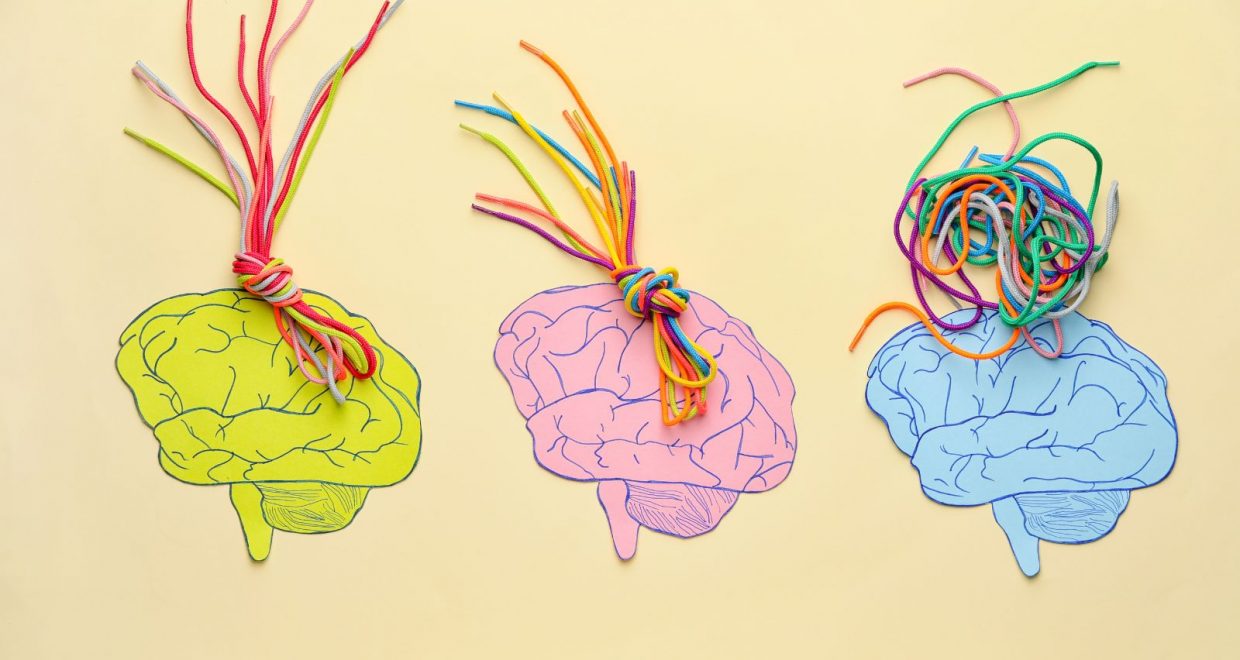Neurology in the psychiatric patient: how to think about differentials in altered mental status and diagnoses not to miss
The RCPsych Article of the Month for July is ‘Neurology in the psychiatric patient: how to think about differentials in altered mental status and diagnoses not to miss’ and the blog is written by authors Dr Jonathan McLaughlin and Dr Tim Young published in BJPsych Advances.
We hope that you find our article a practical and helpful read. Our focus in the article was in trying to provide a very pragmatic, first principals approach to patients who present at the interface of Psychiatry and Neurology. We feel that it is important that Psychiatrists are able to work through these cases and to generate a differential, especially in ruling out not-to-be-missed diagnoses.
We have always found cases to be a great method of teaching and learning. Patients are great teachers in this regard and neither they, nor their disorders, typically read the textbooks! The variety, the atypicality and the vagaries of presentations shape and hone clinical practice. This holds true across the specialities but never more so than in Psychiatry. The gamut of configurations that make up a presentation in Psychiatry can be seen as comprising various proportions of the Biopsychosocial model.
We believe holistic thought in managing patients’ difficulties is a great strength in Psychiatry- inculcated as it is from very early in training. Yet, there are currents in modern clinical practice that lead to ever more specialisation and potentially erode this. Perhaps the division between Neurology and Psychiatry is an archaeological remnant from the beginning of this process. Once very much allied fields of clinical endeavour, they have grown apart and are now, consciously or unconsciously, uncoupled. Perhaps it is a simplistic distinction, but it is said that those disorders previously shared, which readily submitted to a particular physical nosology (i.e. with biomarkers, imaging findings) became Neurological. Those left over became the scope of the Psychiatrist.
If that is the case then perhaps it is time to reverse the drift. We contend that some knowledge of Neurology for the Psychiatrist, and vice versa, is a must. Psychiatric disorders emanate from the brain, and altered mental status, as we seek to show, can be a phenomenological aspect of many diverse brain disorders.
This represents, par excellence, the educational role that BJPysch Advances fulfils. This article discusses the many possible neurological presentations of psychiatric illness. It provides convenient lists to include in the differential diagnosis and it examines a wide range of presentations including non-epileptic seizures, NMDAR encephalitis, movement disorders etc.. Every liaison psychiatrist should have this paper downloaded on their mobile.
Patricia Casey
Editor-in-Chief, BJPsych Advances





